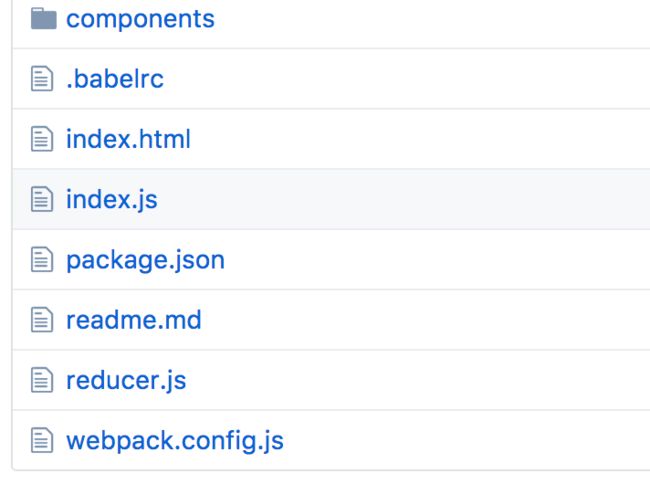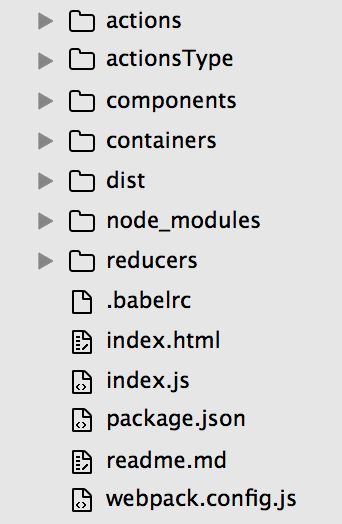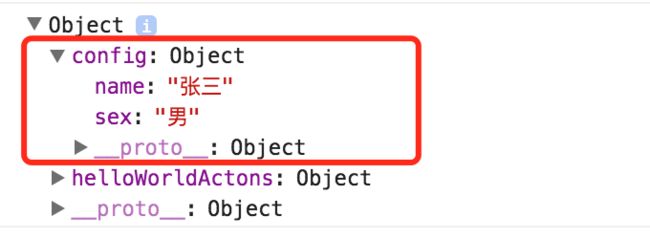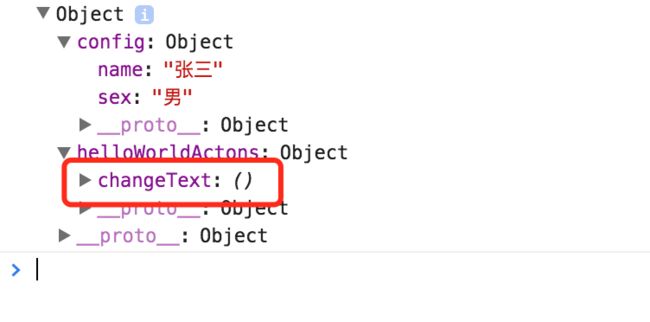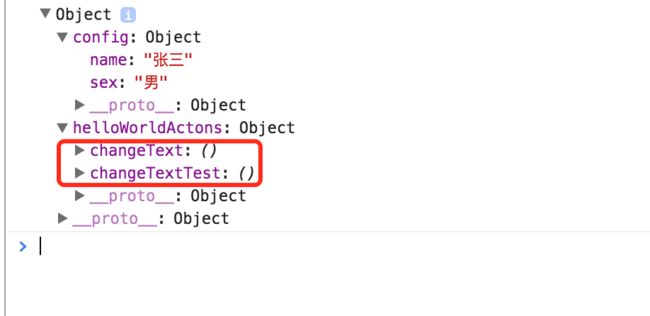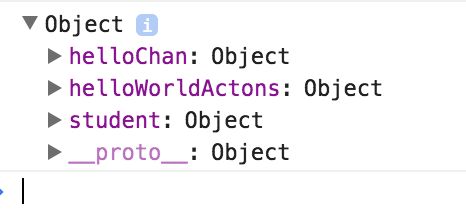接着上一篇,来看看上一篇目录结构
再来看看index.js,可以看到,只是引用了HelloWorld,虽然引用了reducers,但是并没有用到,所以上一篇仅仅是写了一个react的hello world,还没有redux的概念在里面
import React from 'react'
import ReactDOM from 'react-dom'
import { createStore } from 'redux'
import reducers from './reducer'
import HelloWorld from './components/helloWorld'
const store = createStore(reducers,{text:'hello world'})
const rootEl = document.getElementById('root')
const render = () => ReactDOM.render(
本文将一步步介绍如何去添加redux,首先看看目录结构
1.actions,理解成actions创建函数
import { CHANGE_TEXT } from '../actionsType'
export function changeText(text) {
return {
type: CHANGE_TEXT,
payload: text
}
}
定义了一个action,触发CHANGE_TEXT,并把形参text赋值给payload,比较简单
2.actionsType,以常量定义action
export const CHANGE_TEXT = 'CHANGE_TEXT'
这个更简单,定义了一个action。当应用规模越来越大时,建议使用单独的模块或文件来存放 action
3.components,展示组件库,里面包含了一个helloWorld组件
import React, { Component, PropTypes } from 'react';
// @pureRender
export default class HelloWorld extends Component {
constructor(props) {
super(props);
this.state = {};
}
componentWillReceiveProps(newProps){
console.log(newProps)
}
render() {
return (
{this.props.text}
)
}
}
这是一个helloWorld组件,比较简单,从props中获取了一个onClick和text
4.containers ,容器组件库
import React, { Component, PropTypes } from 'react';
import { connect } from 'react-redux'
import { bindActionCreators } from 'redux';
import * as HelloWorldActions from '../actions/HelloWorld'
import HelloWorld from '../components/helloWorld'
// @pureRender
class App extends Component {
constructor(props) {
super(props);
this.state = {};
}
componentDidMount() {
}
render() {
const { helloChan, helloWorldActons } = this.props
return (
可以看见这个组件稍微有点复杂,其中用到了react-redux中的connect,redux中的bindActionCreators,来看看定义
connect
算了,还是不看定义了,比较难懂,可以理解成它是react和redux的连接器,而且它确实是。它接受两个参数mapStateToProps,mapDispatchToProps,前者指定如何把当前 Redux store state 映射到展示组件的 props 中,后者接收 dispatch()
方法并返回期望注入到展示组件的 props 中的回调方法。
看不懂是吧,实例讲解下
首先,mapStateToProps中的参数state就是在定义reducer时的state,这个一会儿再讲,首先看看state的结构
{ text: 'hello world',name:'default name',config:{name:'张三',sex:'男'} }
如果如下定义mapStateToProps
const mapStateToProps = state => state
那么在打印当前props时,得到的结果如下
如果如下定义mapStateToProps
const mapStateToProps = state => {return {config:state.helloChan.config}}
再来看看结果是什么
看出区别了吗?其实还是回归到定义了,如何把当前 Redux store state 映射到展示组件的 props 中。
bindActionCreators
再来看mapDispatchToProps,这个定义比较简单,将 action 作为 props 绑定到组件上,展开helloWorldActions,显然它已经将actions中的changeText绑定到了props上面
'
此时,假如修改actions中的代码如下
import { CHANGE_TEXT } from '../actionsType'
export function changeText(text) {
return {
type: CHANGE_TEXT,
payload: text
}
}
export function changeTextTest(text) {
return {
type: CHANGE_TEXT,
payload: text
}
}
再看看截图
很明显新增的changeTextTest已经自动绑定到props上
综上所述,其实connect可以理解成自动封装了如何将state和actions绑定到组件上的一套逻辑,这下应该明白了吧
5.reducers
首先,reducer有一个拆分的概念,可以将许多的reducer拆分成不同的文件,再通过combineReducers这个方法来进行合并就行了,具体看一下代码
import { combineReducers } from 'redux'
import helloWorld from './helloWorld'
import student from './student'
const todoApp = combineReducers({
helloChan:helloWorld,
student
})
export default todoApp;
有helloworld和student两个reducer,可以通过combineReducers来合并,此时如果在connect中绑定state时直接这么写
const mapStateToProps = state => {
return state
}
我们来看看结果:
看到了吧,多了student这个对象,其实一般情况下,一个container对应一个reducer,所以改改绑定的代码,如下
const mapStateToProps = state => {
return { helloChan: state.helloChan }
}
再来看看结果,已经没有student了
好了,本文就讲到这里,看完整个教程,应该比较清晰了。
